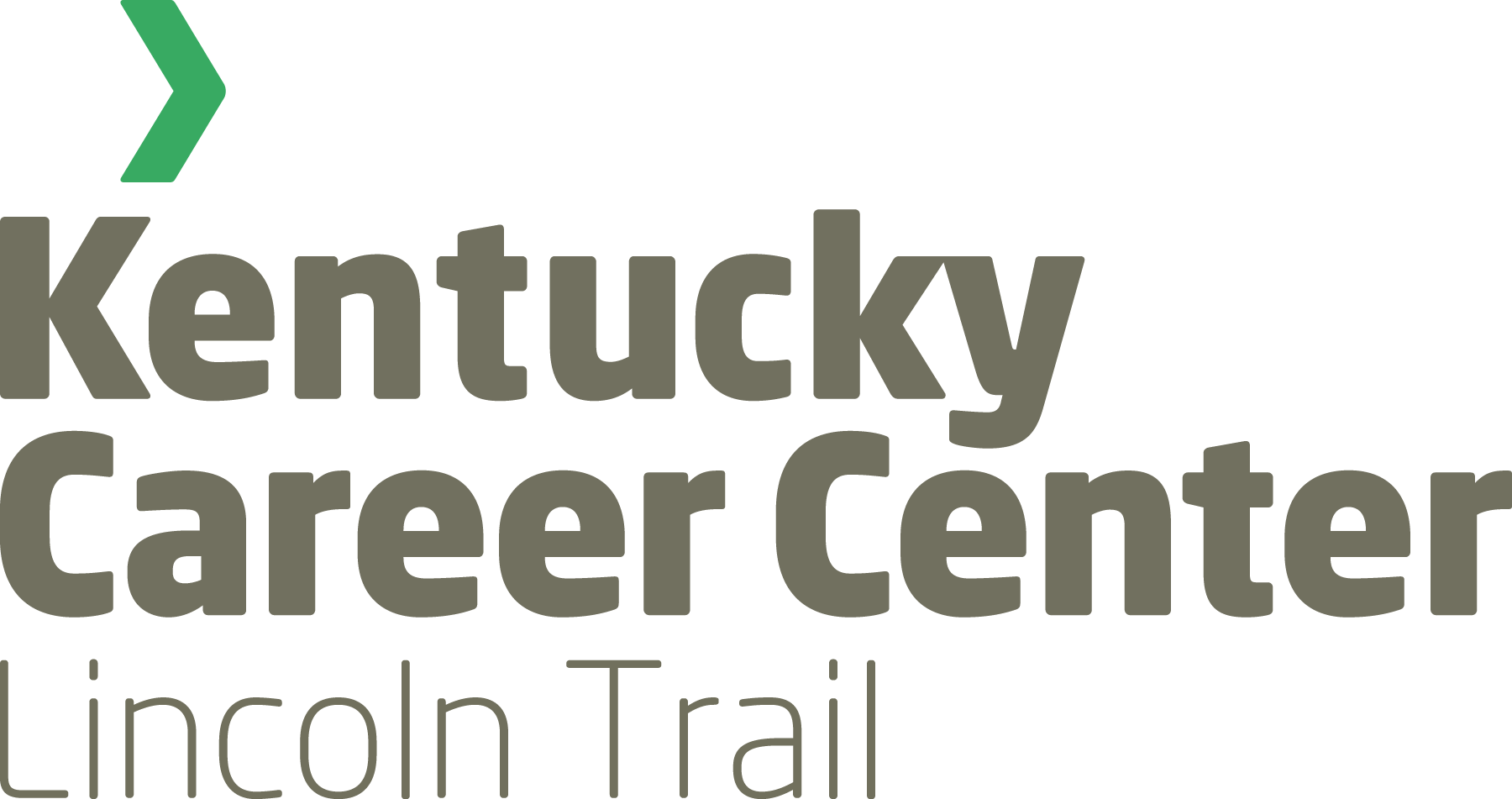The interviewing process: Prepare to stand out

Carter Dyson
With graduation season upon us, we’re seeing a wave of new job seekers in the market, from a new high school graduate looking for a first job to the established professional who has earned an advanced degree in order to take the next step in a long career. Regardless of education and experience level, job seekers often find the interview is the most daunting aspect of a job search.
Investing your time in preparing for the interview and leaning about the interviewing process can help you project confidence and sincerity and stand out from other candidates. Here are some tips to get started:
The different types of interviews. The five main types of interviews are traditional, panel, telephone/video conference, stress and observational. In a traditional interview, a candidate meets face-to-face with one person. In a panel interview, which has become the most common format, you’ll interview with at least two people. A phone or video conference interview is most often used to screen a candidate before arranging an in-person interview. A stress interview is designed to evaluate how a candidate operates under pressure. And in observational interviews, employers ask job applicants to demonstrate one or more skills required for the job.
The phases of the interview. We’re always more comfortable when we know what to expect. No matter the type of interview an employer uses, it will almost always consist of four basic stages — introduction, employer questions, applicant questions and closing.
The power of nonverbal messages. Research shows that when we meet someone new we make decisions about them within seconds, which means employers are taking in a lot of information about you before you’ve had a chance to discuss your qualifications for the job. That’s why it’s so important to be sure to give the right nonverbal cues. Start by arriving to the interview 15 minutes early. Then, greet the interviewer with a calm, natural smile and a firm handshake. As you introduce yourself, maintain eye contact, which displays a positive attitude and genuine interest.
Look the part. Depending on a company’s culture, a suit might not always be appropriate. However, always wear conservative attire — such as khaki pants and a dark jacket — that fits well and has been pressed. In addition, go light on makeup, jewelry and fragrance, and pay attention to the details such as polished shoes, clean fingernails and lint-free clothing.
Prepare for likely questions. First, interviewers commonly break the ice by saying, “tell me a little about yourself.” Be ready with a well thought out 30-second summary of who you are, what skills and experience you offer and why you are interested in a position with their organization. Later in the interview, expect to answer questions such as: How will you advance this company? Where do you see yourself in five years? Why are you the best person for this position? What is your greatest flaw? Develop answers that showcase your skills and abilities and why you’re a good fit for the job. You’ll also want to prepare for industry-specific questions and develop a few questions to ask the interviewer.
At the Kentucky Career Center – Lincoln Trail, our career coaches work with job seekers at all levels, helping them gain the skills and knowledge they need to interview successfully. From mock interviews to assistance with researching local job openings, we’re here to provide one-on-one, no-cost services that can help you land the job you want. For more job search tips, or to schedule an appointment with a career coach, visit www.ltcareercenter.org.
Carter Dyson is One Stop Director for Kentucky Career Center – Lincoln Trail. He can be reached at (270) 766-5115 or carter.dyson@ky.gov. The Kentucky Career Center – Lincoln Trail, overseen by the Lincoln Trail Workforce Development Board, is a one-stop resource for both job seekers and employers.
Our Social Networks


